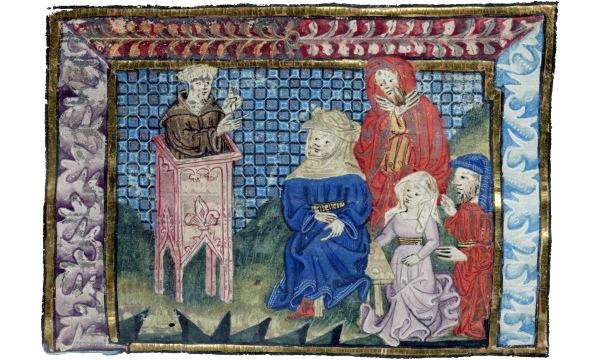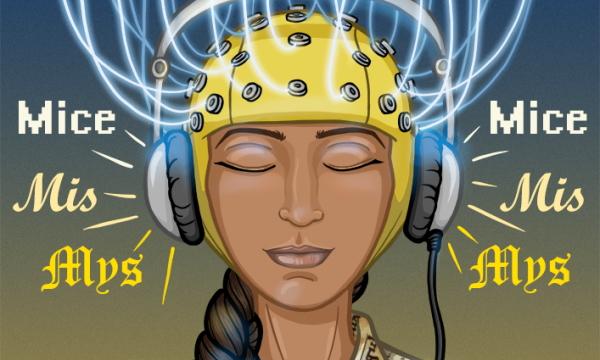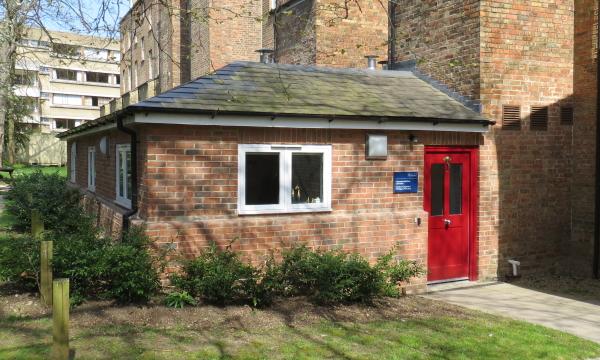The Journey of Words (JoW) project combines psycho- and neurolinguistic investigations with historical linguistic analyses to investigate stress patterns of Romance loanwords in English (E), Dutch (D) and German (G).
All three languages belong to the West Germanic branch of the Germanic family. Many identical Romance loans have become part of the every-day vocabulary in the course of the last few centuries:
Paníek (D), pánic (E), Pánik (G)
Universitéit (D), univérsity (E), Universitä́t (G)
krokodíl (D), crócodile (E), Krokodíl
Although the basic West Germanic phonological and morphological patterns are similar across all three languages, it is surprising that the phonology of these loans can be so different in English, Dutch and German. In particular, the stress may fall on different syllables (marked with an acute accent over the vowel and in bold).
The JoW project addresses the following questions from two points of view:
Historical Linguistics
- Why is the adaptation of the loans different across the three languages?
- What is the precise timeline of borrowing of Romance loans into Dutch, English and German?
Psycholinguistics
- How do these phonological differences affect the comprehension and processing of such loans in L2 speakers of English who have Dutch or German as their native language?
For further reading, here are some of our recent publications and presentations:
Conference Proceedings
Fritz, I., Lahiri, A., & Kotzor, S. (2021). The role of metrical stress differences in learner word recognition. ExLing 2021: pp. 85-88.
Conference Presentations
Fritz I., & Lahiri, A., Kotzor, S. (2021). The Role of Lexical Stress Differences in Learner Word Recognition. 27th AMLaP Conference, Paris, held online, September 2021, short talk. https://amlap2021.github.io/program/181.pdf



